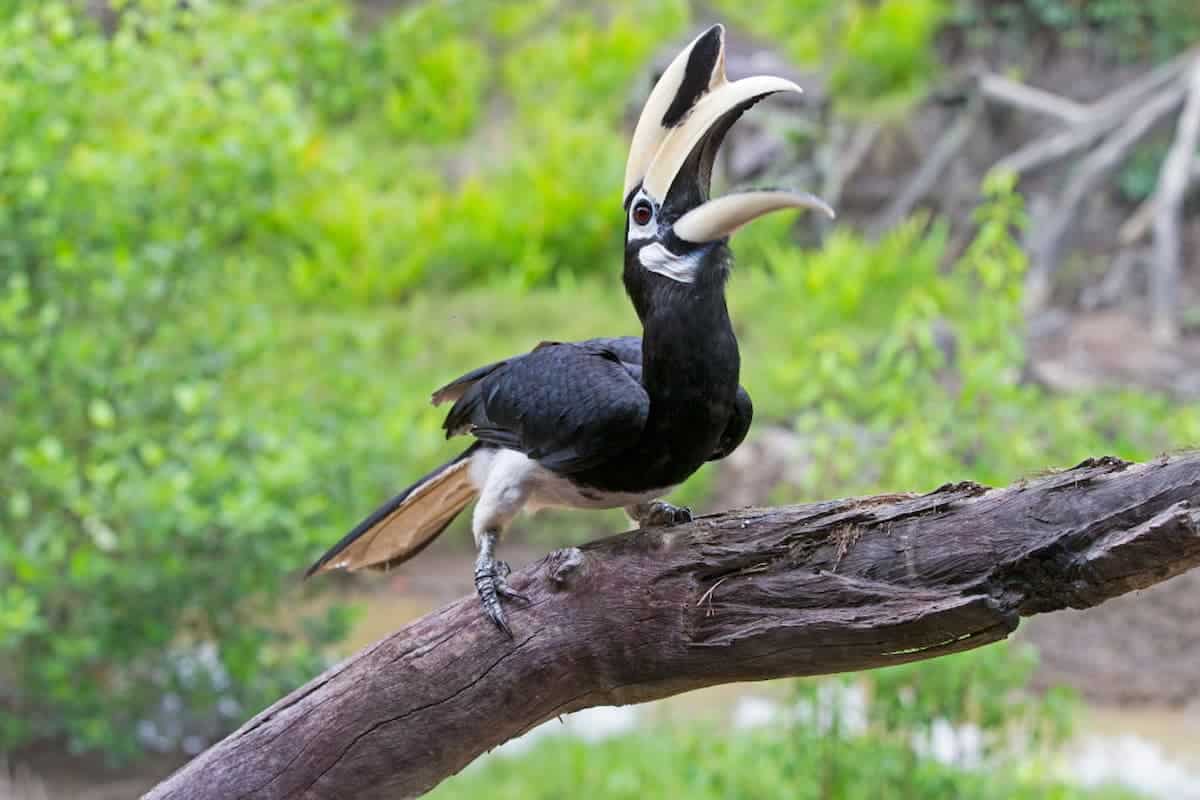Investigators A study from the Department of Psychology at the National University of Singapore has revealed that the eastern hornbill, a species of bird prevalent in sub-Saharan Africa and southern Asia, has the ability to understand the “permanence of things.”
Such a discovery provides new insights into the cognitive abilities of animals and could shed new light on our understanding of animal intelligence.
Eastern hornbills show advanced cognitive ability, according to research – Image: Sylvain Corder/Gamma Rafo via Getty Images/Reproduction
Understanding object permanence
The concept is the idea that an element is still there even when we can't see or feel it, and eastern hornbills, like humans, seem to understand that.
In fact, scientists have noted that such an understanding of animals gives this species a significant advantage in foraging for food and evading predators.
Researchers' experience
For the study, a sample of six hornbills (three females and three males) underwent a series of tests that included progressively more difficult tasks.
These tests were based on the six stages of permanence Goal Defined by Jean Piaget, the prominent psychologist of the twentieth century.
In each task, the birds had to point with their beaks where the reward had moved to.
Interesting findings: memory, spatial reasoning and logical reasoning
During the experiment, it became clear that these birds have an advanced set of cognitive abilities.
One of the researchers said: “The three birds that completed the last stage had breeding experience, while those that failed the task did not.”
This suggests that reproductive experience may be crucial to the cognitive development of the eastern hornbill.
Future prospects
Despite these exciting results, scientists stressed that additional studies with a larger sample size are needed to strengthen the conclusions.
They also noted that the birds that failed to perform the tasks were young birds that had been removed from the nest too early, suggesting that this timing may be crucial for their cognitive development.
The research paves the way for future studies exploring animal cognition and offers a glimpse into the inherent intelligence of wildlife.
Nathan Emery, an expert in animal behaviour, said the findings show how sophisticated cognitive abilities are often linked to certain conditions, such as a voracious diet, sophisticated social behaviour, a relatively large brain and the ability to adapt to life. environment.

“Incurable thinker. Food aficionado. Subtly charming alcohol scholar. Pop culture advocate.”








More Stories
NASA Releases Selfie of Perseverance Rover Working on Mars
NVIDIA driver includes hidden Final Fantasy XVI profile
PlayStation Plus Extra and Premium saw a significant drop in players in July